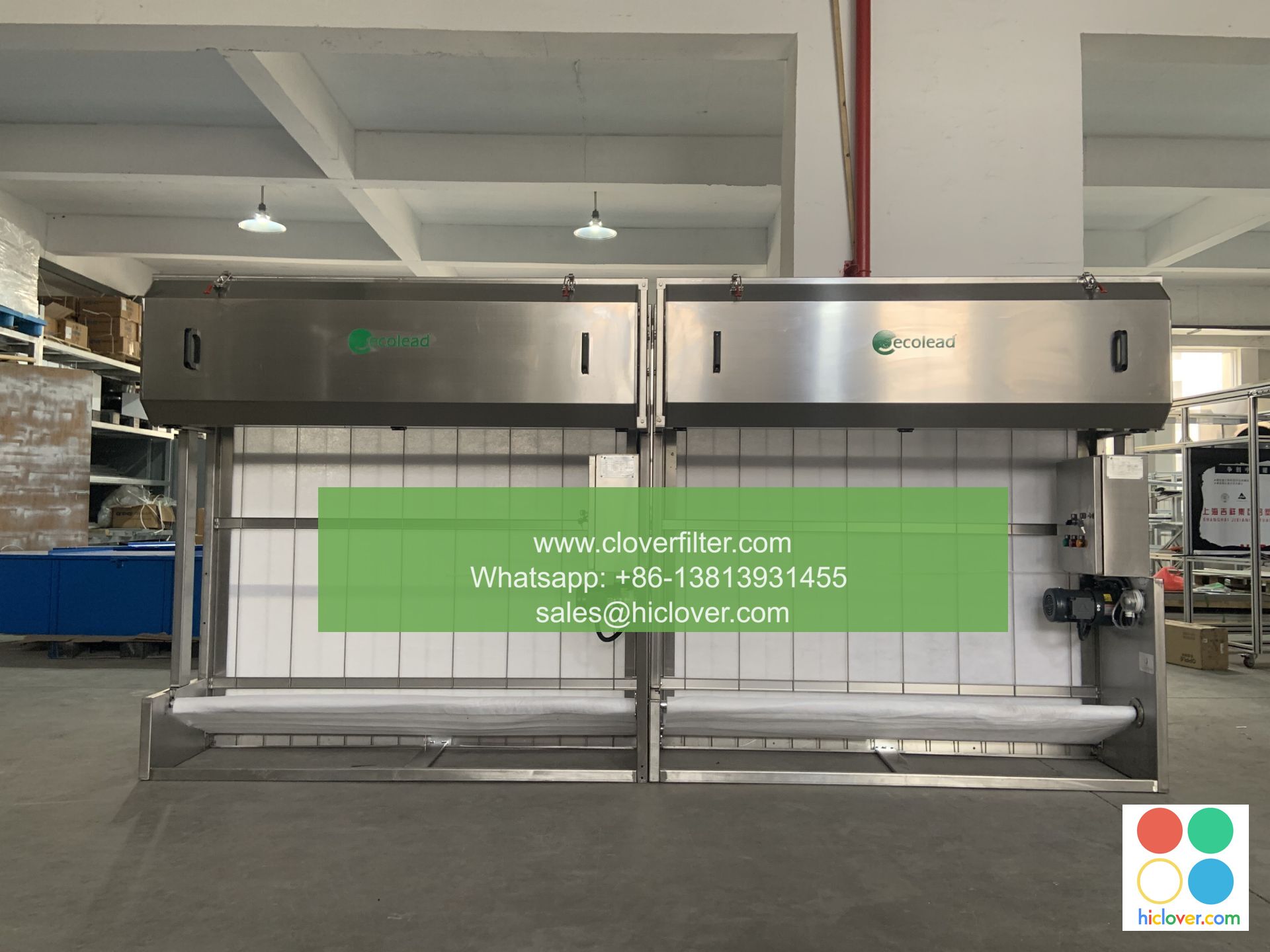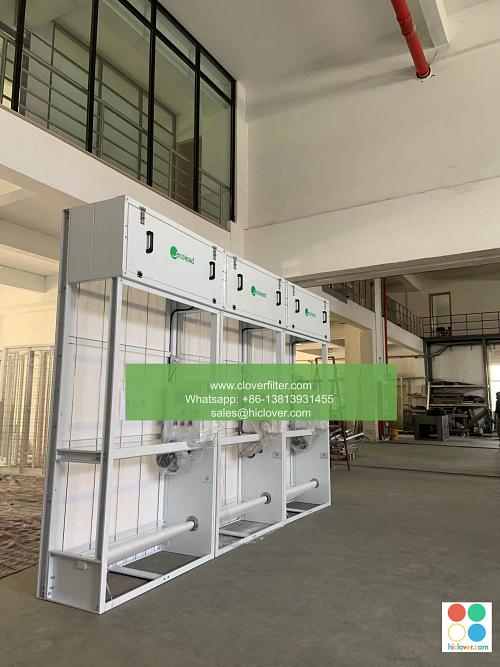Air Filter Systems for Swimming Pools and Spas

Air filter systems are an essential component of swimming pool and spa maintenance, playing a crucial role in maintaining good indoor air quality and preventing the growth of bacteria, mold, and mildew. In this article, we will delve into the world of air filter systems for swimming pools and spas, highlighting various application areas, key benefits, and the latest technologies.
Importance of Air Filter Systems in Swimming Pools and Spas
Swimming pools and spas are prone to high humidity and chlorine levels, which can lead to the formation of toxic gases and airborne contaminants. Air filter systems help to remove these pollutants, providing a safer and healthier environment for swimmers and spa-goers. By improving indoor air quality, air filter systems can also help to reduce the risk of respiratory problems and other health issues associated with poor air quality.
Types of Air Filter Systems
There are several types of air filter systems available for swimming pools and spas, including:
– HEPA (High Efficiency Particulate Air) filters, which are capable of capturing 99.97% of particles as small as 0.3 microns
– Activated Carbon filters, which are effective in removing chlorine, ozone, and other gases
– UV (Ultraviolet) filters, which use ultraviolet light to kill bacteria, viruses, and other microorganisms
– Ionizers, which use negative ions to attract and remove airborne contaminants
Application Areas
Air filter systems can be applied in various areas of swimming pools and spas, including:
– Indoor swimming pools, where they can help to remove chlorine and other gases
– Spas and hot tubs, where they can help to reduce the risk of bacterial and mold growth
– Swimming pool equipment rooms, where they can help to remove airborne contaminants and prevent equipment damage
– Locker rooms and shower areas, where they can help to improve indoor air quality and reduce the risk of mold and mildew growth
Benefits of Air Filter Systems
The benefits of air filter systems for swimming pools and spas are numerous, including:
– Improved indoor air quality, which can help to reduce the risk of respiratory problems and other health issues
– Reduced risk of bacterial and mold growth, which can help to prevent the formation of toxic gases and airborne contaminants
– Increased equipment lifespan, which can help to reduce maintenance and repair costs
– Enhanced swimmer and spa-goer experience, which can help to improve overall satisfaction and enjoyment
Latest Technologies and Trends
The air filter system market is constantly evolving, with new technologies and trends emerging all the time. Some of the latest developments include:
– Smart air filter systems, which can be controlled and monitored remotely using smartphones and other devices
– Energy-efficient air filter systems, which can help to reduce energy consumption and costs
– Sustainable air filter systems, which are made from eco-friendly materials and are designed to minimize waste and environmental impact
In conclusion, air filter systems are a vital component of swimming pool and spa maintenance, providing numerous benefits and application areas. By understanding the different types of air filter systems, their benefits, and the latest technologies and trends, swimming pool and spa owners and operators can make informed decisions and provide a healthier and safer environment for swimmers and spa-goers. Whether you’re looking to improve indoor air quality, reduce the risk of bacterial and mold growth, or enhance the overall swimmer and spa-goer experience, air filter systems are an essential investment for any swimming pool or spa. You haven’t asked a question or provided any context. What would you like to talk about or ask? I can provide information, answer questions, or engage in a conversation on any topic you’d like.

